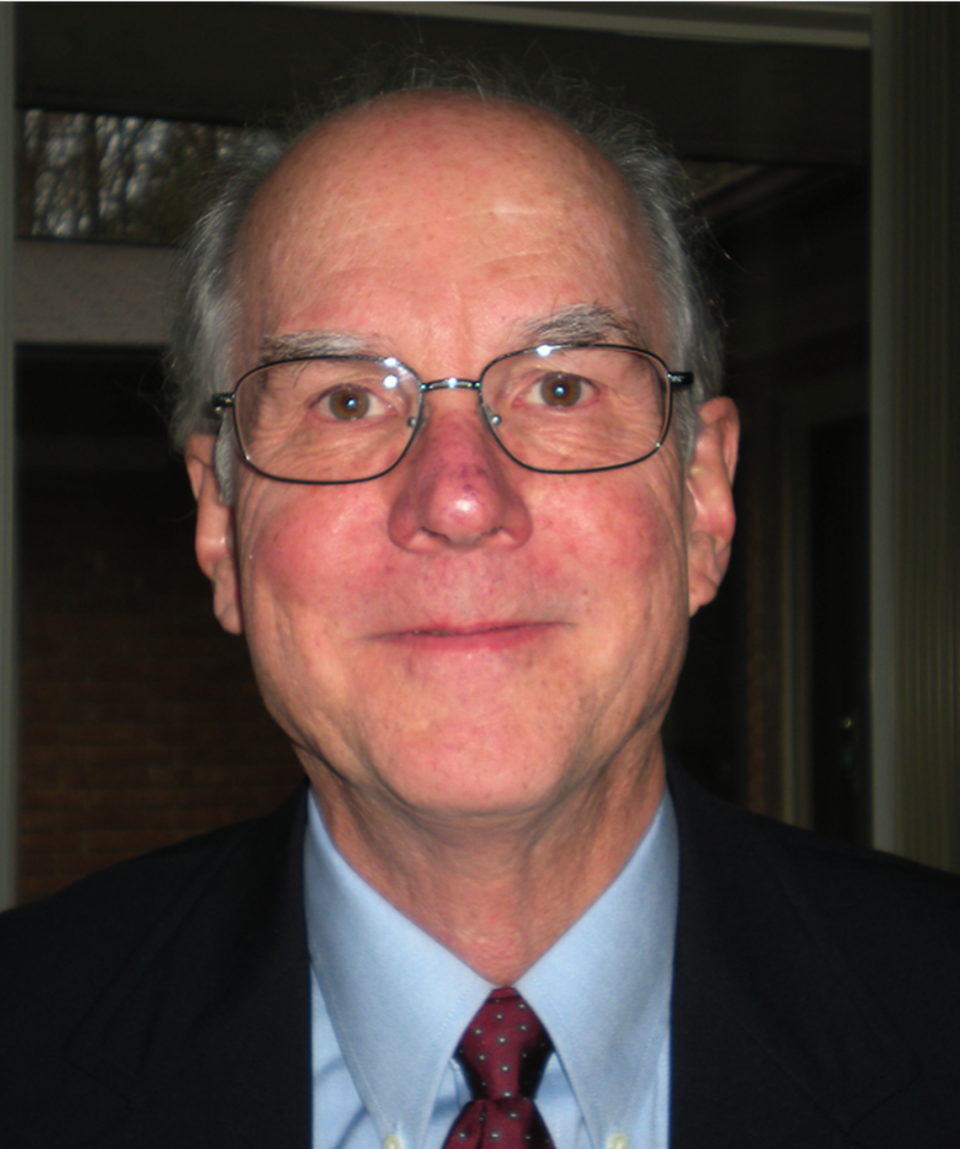The killer flaw in NC’s medical marijuana bill: It’s too slow. | Opinion
Most North Carolinians want to legalize medical marijuana. Senate Bill 3, now pending in the House, would legalize it, but no patients would get legal medicine for years.
The Legislature’s Fiscal Note for Senate Bill 3 “estimates that it will take between two and three years between a law’s enactment and the first dispensary sales.” That sounds optimistic.
Senate Bill 3 licenses only 10 for-profit seed-to-sale companies to sell medical marijuana. With millions in sales up for grabs, lots of people will apply for licenses. The first of many steps in choosing winners requires the governor and two legislative leaders to appoint a “Production Commission” that will eventually issue those 10 permanent licenses.

But what if our officials drag their feet, as in New York? The bill is silent on that. Whenever the commission gets appointed, its members have to decide on “qualifications and requirements for licensure of suppliers” — a can of worms that SB3 has kicked down the road. The commission gets broad and vague discretion, with some unquantified “priority” going to applicants who commit “to ensure the equitable distribution of medical cannabis centers throughout the state.”
At some point, license applications get filed. Then, DHHS somehow winnows those applications down to 20. The commission picks 10 licensees from that 20.
The Fiscal Note’s two-to-three year estimate doesn’t mention the terms “lawsuit,” “appeal” or “litigation.” But before N.C. patients actually get medicine, expect time-consuming appeals from disappointed license applicants. Other states are seeing legal fights and allegations of corruption from entrepreneurs seeking a limited number of potentially highly lucrative licenses. Losing applicants often get injunctions, bringing the process to a dead halt while patients wait for medicine.
Georgia provides a case study. A 2022 report said “seven years since former Gov. Nathan Deal signed a bill legalizing cannabis oil... Today, there is still nowhere in the state patients can go to buy that oil. In 2019, a seven-member commission was appointed...but their licensing process has been met with heavy criticism, protests and a federal lawsuit.”
Sales actually began on April 24, 2023, over eight years after the bill’s enactment. Competitive licensing in Delaware and West Virginia delayed medicine for over four years after enactment.
Senate Bill 3 faces added litigation risks. It has rules favoring in-state residents for licenses. Federal courts may strike those rules under the recently weaponized Dormant Commerce Doctrine. Stricken or not, they will be challenged in court.
Senate Bill 3 supporters say its limited medical marijuana market will be efficient. Fair enough. A limited, oligopolistic market should be efficient eventually. But while SB3’s competitive licensing process plays out, patients will wait for medicine.
What can be done? Variations on competitive licensing, like lotteries that require applicant qualification and social equity licensing providing reparations for casualties of the War on Drugs, face the same onslaughts of delays and disputes. Creating more than 10 licenses would reduce the value of each license to make litigation somewhat less attractive. Unrestricted licensing would speed time to market, but has proved disastrous in Oklahoma for law enforcement and industry. Auctions of licenses may be legally bulletproof, but would favor the wealthy even more transparently than SB3 — though auctions for only annual licenses would reduce capital requirements tremendously.
State monopoly sales are another option. Louisiana’s land grant universities have a monopoly on producing medical marijuana there (incidentally proving federal illegality a non-issue for state sales). While state monopolies risk being bureaucratic, inefficient, prone to corruption, and not consumer-friendly, polled N.C. voters have favored state monopoly cannabis sales, ABC store-style. And well-executed state sales have a lot going for them, like public health, revenue, social equity, fairness, caution about the profit motive for marijuana — and, compared to SB3, speed in getting medicine into the hands of patients.
Patrick Oglesby is a Chapel Hill lawyer and consultant for state governments on marijuana policy.

